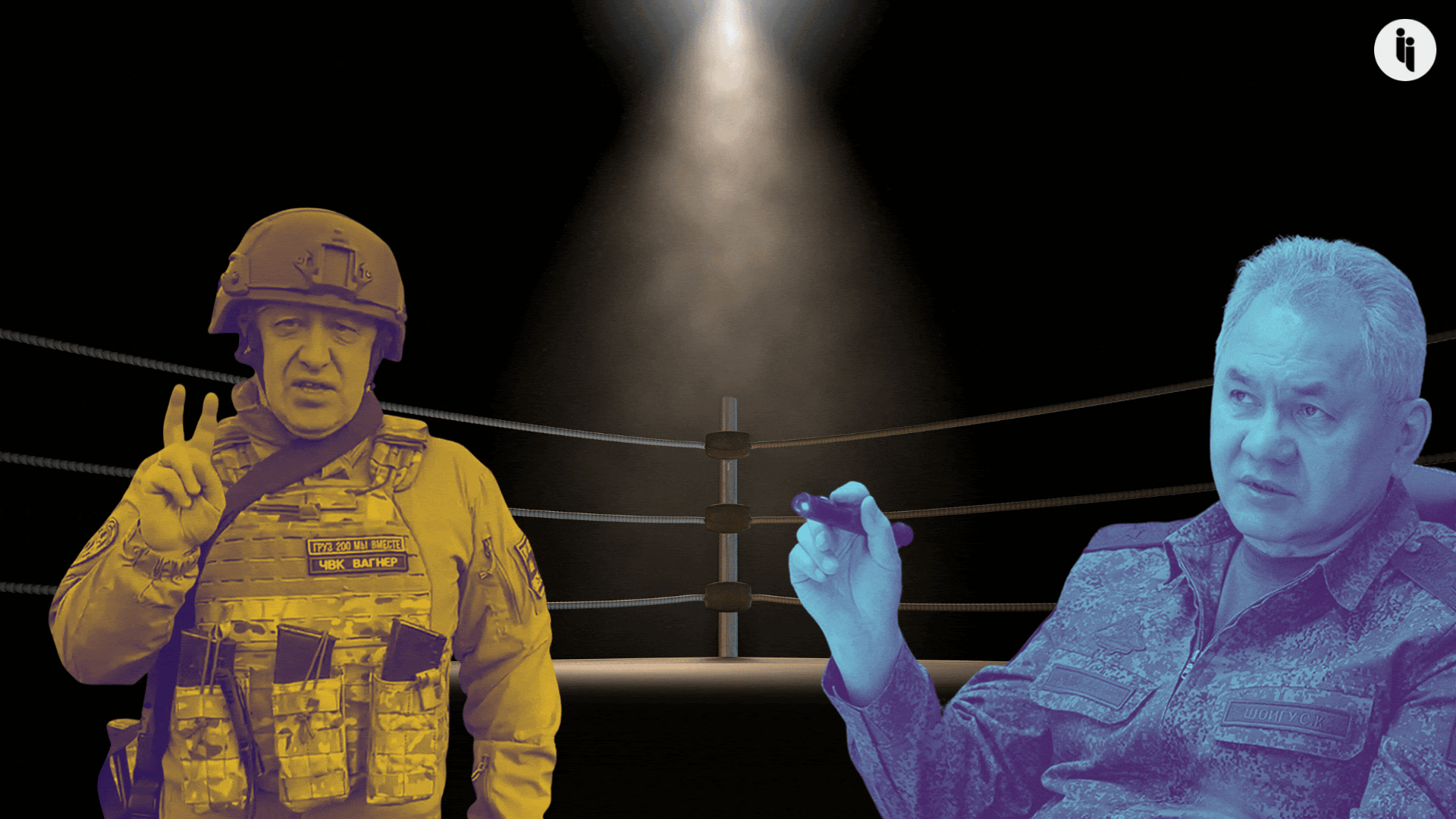The head of the Wagner mercenary group, Yevgeny Prigozhin, is defying an order to integrate his forces with the Russian military.
The order came on Saturday, when Russia’s deputy defence minister instructed “volunteer formations” to sign contracts with the military by 1 July. Contracts would give these groups legal status and help develop a unified approach to the war, according to the ministry.
But Prigozhin flatly refused, and accused the ministry of incompetence, arrogance, and of seeking to cut Wagner’s supply of weapons and ammo.
Stay on top of your world from inside your inbox.
Subscribe for free today and receive way much more insights.
Trusted by 114,000+ subscribers
No spam. No noise. Unsubscribe any time.
And it’s hardly the first time this rivalry has flared up. In recent weeks:
- 🔐 Wagner arrested a Russian officer for firing on a Wagner unit
- 🥊 Prigozhin hinted at deploying his troops inside Russia if needed, and
- 🏰 He even warned of “revolution”, and denied speculation he could stage a coup.
Intrigue’s take: Prigozhin’s fiery rhetoric is part of his negotiation strategy. Wagner and the defence ministry have tied themselves in a Gordian knot:
- the ministry needs Wagner’s perceived effectiveness, and
- Wagner needs the ministry’s military-industrial supply chain.
The two factions have managed to step back from the brink a few times so far. But as NATO-equipped Ukrainian brigades start probing Russian lines, this hostile union will be tested like never before.
Also worth noting:
- Unlike Wagner, Chechen forces that have been fighting in Ukraine agreed to sign contracts with the Russian defence ministry.
- Ukrainian forces appear to have made some gains during the first few days of their highly-anticipated counter-offensive.








